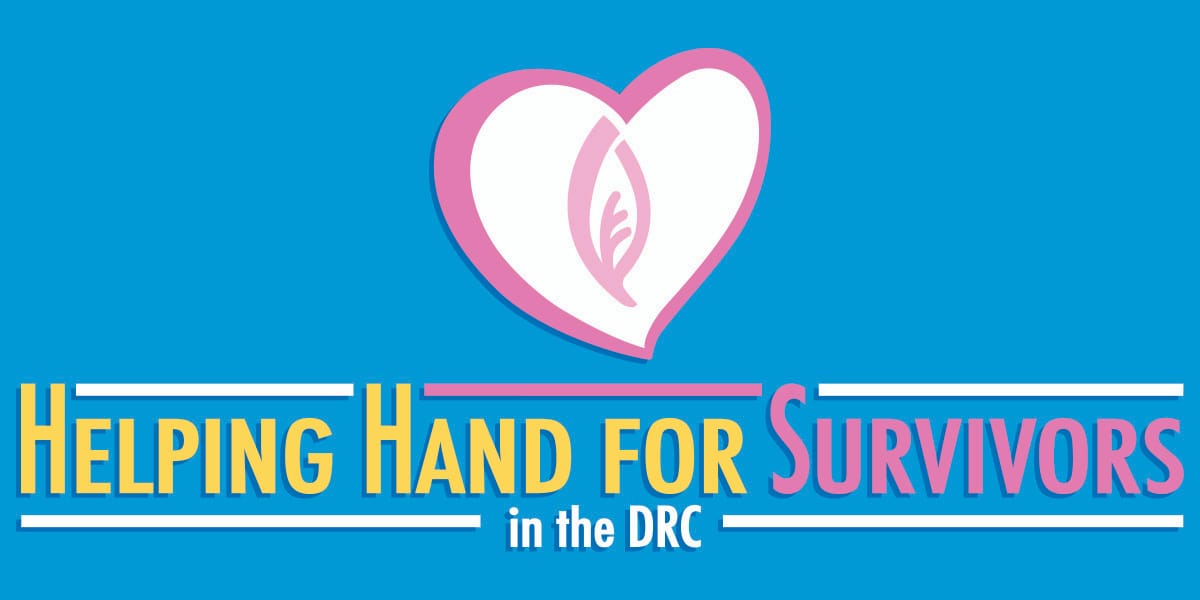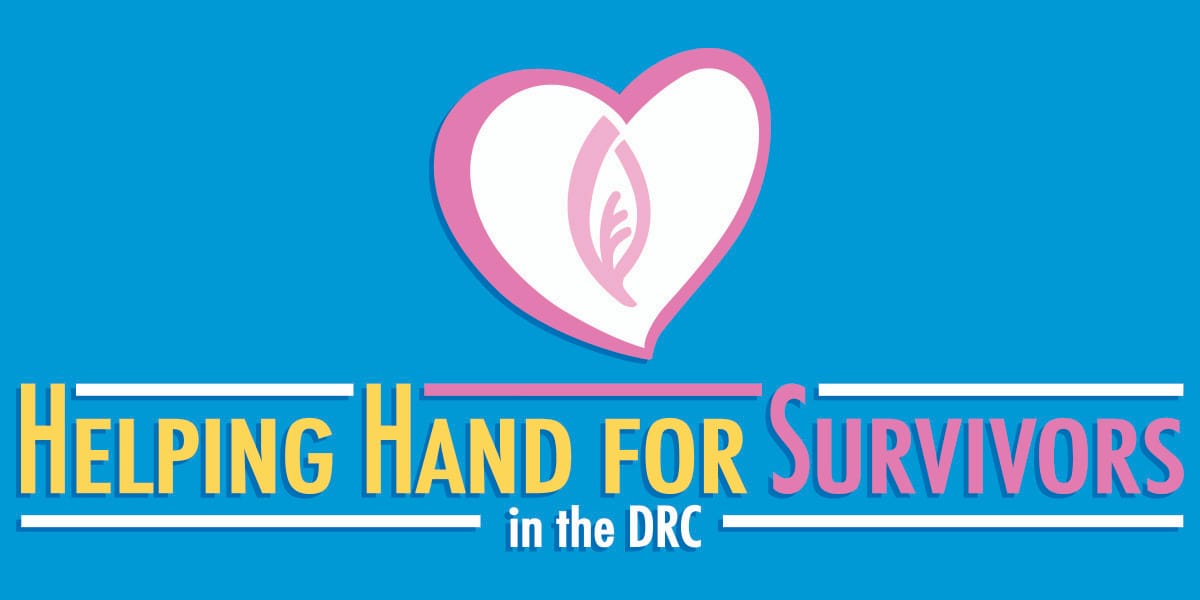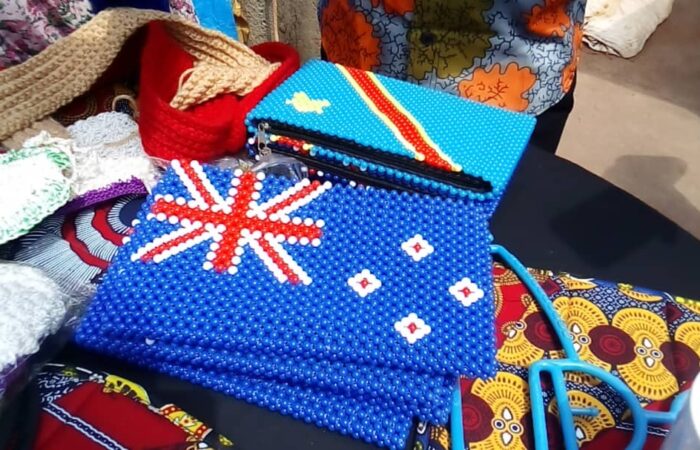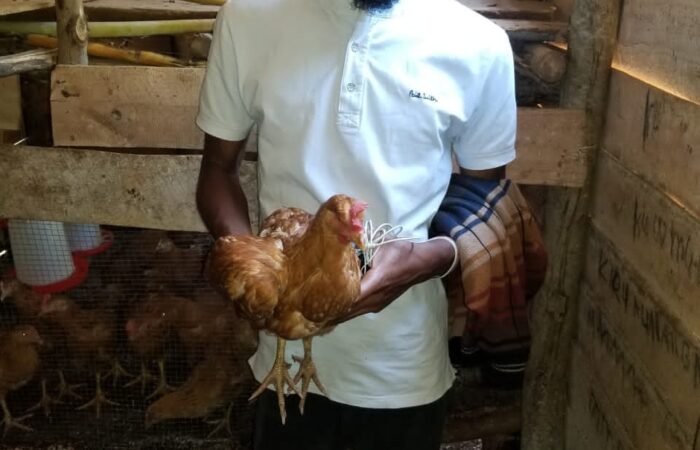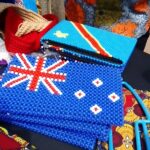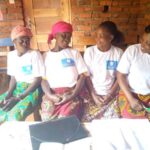At Helping Hand for Survivors when we talk about Hygiene, we refer to behaviors that people can adapt to improve cleanliness which leads to good health, like hand washing frequently, bathing with soap and water and face washing. At HHS, in Democratic Republic of Congo we believe that practicing personal hygiene protocol can make a big difference in people’s health, but it is always difficult because of the lack of clean water and soap. As consequence, many people spread diseases when they don’t appropriately wash their hands, face, and or body. Therefore, a key to a good health is to follow and respect the advice of WASH program. Scholars have proven that a large percentage of water or foodborne diseases are spread by contamination. Again, this means if we wash our hands with soap and water, this can reduce many diseases such as cholera, diarrhea and others deadly waterborne disease and infections.
As many of you have heard, a few weeks ago, the city of Uvira was ravaged by a flood. According to the United Nations, this caused 80,000 people to become refugees in their own city and destroyed 15,000 homes. Helping Hand for Survivors stepped in to respond with its WASH program to clean or purify water for people to have access to clean water. Additionally, HHS – Congo staff discovered an additional 400 people in need in the more remote parts of Uvira. HHS staff provided 80 families with food and goods in these remote areas that other aid organizations were not able to reach at the time.
We are excited to announce more machines are arriving to purify water in South-Kivu because of the huge need especially as people try to fight this deadly virus! This will allow HHS to continue serving the families in need that were hit by the flood. Partnering with Waterstep has been a blessing and we thank all its leaders for their generosity. Without this, HHS WASH program will not be successful. We anticipate to place more hand washing stations in high traffic locations such as schools, hospitals, churches as well as in markets in South-Kivu, especially in remote areas. Then HHS staff will install and train in country healthcare workers in the proper use. Through this wonderful partnership, HHS aims to increase proper sanitation use through education and example, reduce the spread of waterborne disease as well as COVID-19 and provide increased access to life saving equipment to the residents of Uvira and surrounding areas.
If you are interested in learning more and following our staff on this great venture, please follow us on Facebook (Helping Hand for Survivors DRC) or visit our website at www.hhsurvivors.org.
